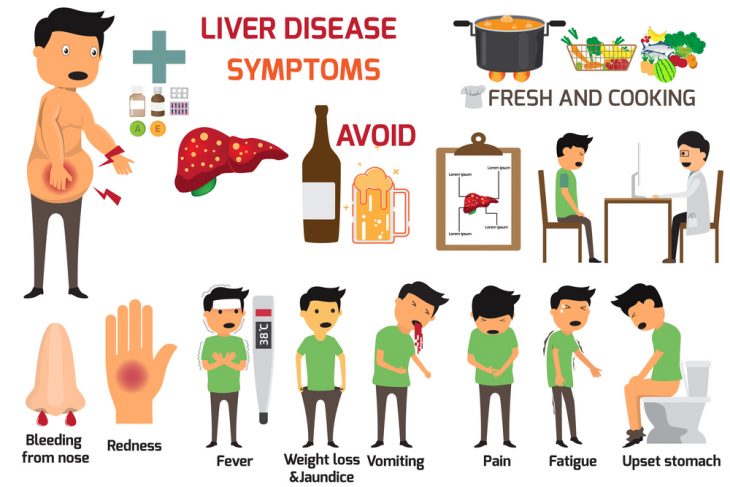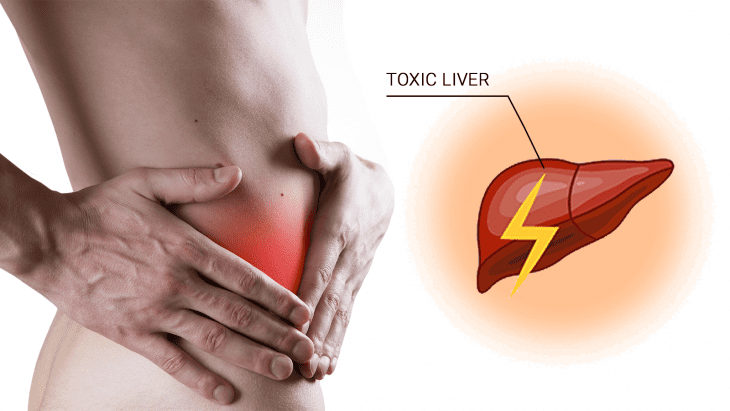You must be careful when you are taking painkillers. Although you might think that it helps you it can actually hurt you in a way you couldn’t even imagine.
According to a recent report by the Acute Liver Failure Study registry, Tylenol (acetaminophen) was directly responsible for over 110,000 calls to US poison control centers and is responsible for more than 60,000 visits to the ER room, 30,000 hospitalizations, and causes nearly 500 deaths each year.
Most people taking the over-the-counter acetaminophen are utterly unaware that it causes more acute liver injuries than all other medications combined. Tylenol is known as a dose-dependent liver toxin, and even at label recommended dosages, it can use toxicity to the hepatic system. For most people taking just a “baby” dosage of aspirin (less than 80 mg) is recommended by doctors for its cardioprotective benefits and has shown to decrease the occurrences of a heart attack.

Taking acetaminophen at such low doses is unlikely to cause damage to any other organs including the liver. The issue is when people accidentally make more than the recommended amounts and mega-doses of 3000mg or more can cause acute liver damage.
Contents
Is this amount of hospitalizations and death acceptable for an over-the-counter pain reliever?
Unfortunately, the thin line between safe and unsafe dosages is minimal. As a result, even slightly higher amounts can lead to irreversible damage to the liver and hepatic system. The toxic effects of this widely used painkiller can be amplified during periods of fasting or an empty stomach which is quite common while people are dealing with the flu or infections.
What is Toxic Liver Disease?
The liver and hepatic system are responsible for filtering everything that enters the body. The liver helps to clear out medications, chemicals, and alcohol from the blood and processes the unwanted parts to be disposed of through bile or urine. When this function stops working correctly, the toxins can cause inflammation and damage to the liver resulting in liver disease. Liver disease can be mild or severe, and if the patient is unable to repair fatty liver damage it can lead to liver cirrhosis or scarring of liver tissue. Cirrhosis can lead to liver failure or sometimes death.
In instances of liver toxicity due to Tylenol, even short-term use of the medication can sometimes be enough to cause liver damage.

What Are the Symptoms of Liver Toxicity?
- Lack of appetite
- Dark-colored urine
- Fever
- Yellowish eyes (Jaundice)
- Pain in the stomach
- Diarrhea
- Nausea
- Itching
- Headaches
These symptoms can take as little as a few hours or delayed for days or weeks due to long term exposure.
Ways to Prevent Toxic Liver

Img source: powerofpositivity.com
Preventing Hepatotoxicity is very important and here are six ways to protect yourself.
1. Follow all safety rules shown on the labels to limit and avoid exposure
2. Follow doctor directions and recommended dosages
3. Only take medications that you need per your doctor instructions
4. Avoid herbal supplements that might be toxic to the liver
5. Keep all medicines lock up, so children don’t accidentally eat them
6. If you have to take Tylenol, don’t drink alcohol
In 2018, The Food and Drug Administration publically declared the benefits of acetaminophen outweigh its risks. But abuse and misuse of pain medications are extremely dangerous, and citizens should be aware of all possible side effects when taking medicines of any kind.
